Saleswhale Blog | 5 Min Read
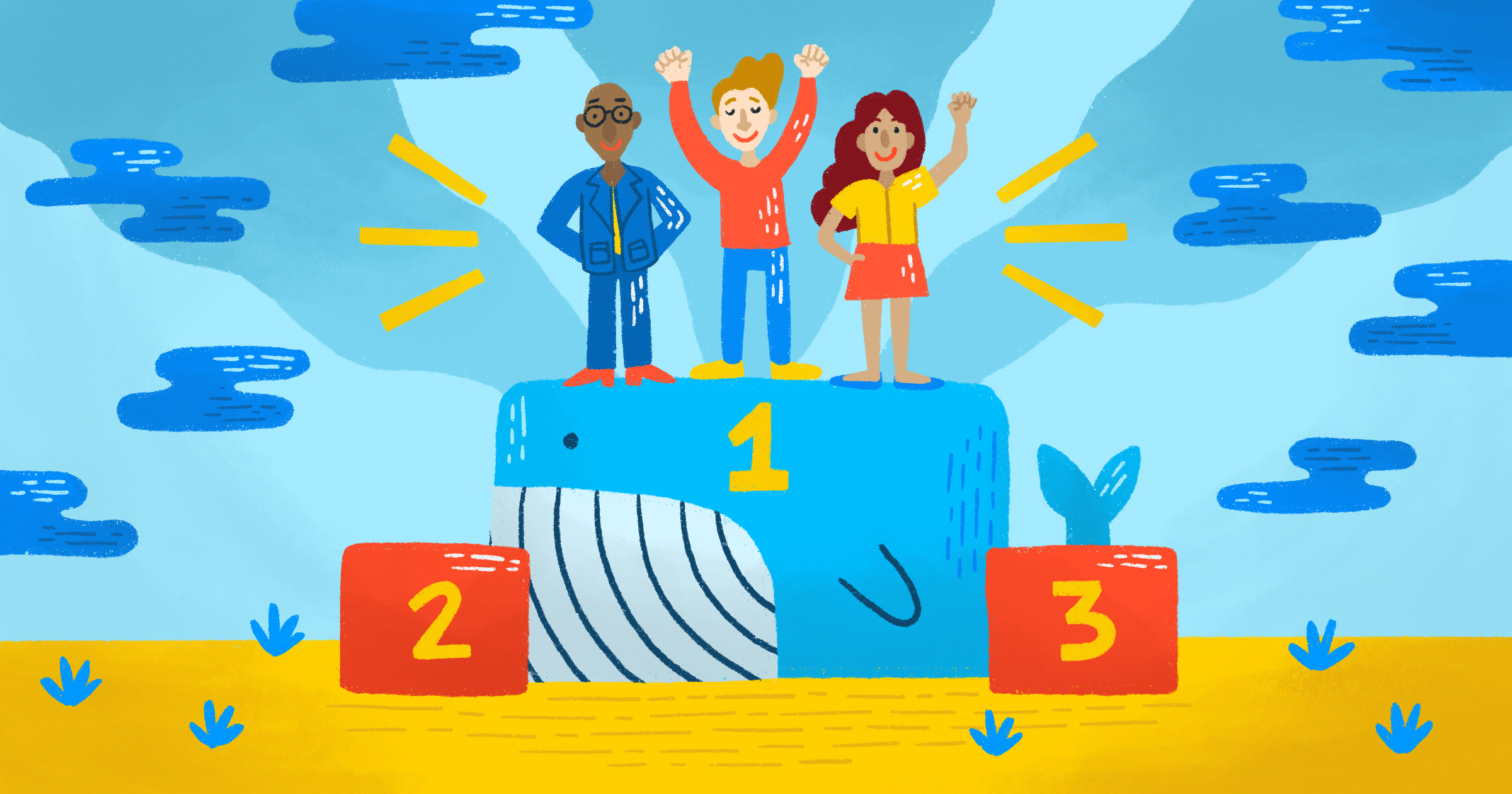
At Saleswhale, we made a pretty contrarian bet early on in the life of our company, which had a major impact on our growth so far. We invested in Customer Success much earlier than most SaaS startups did.
Customer Success sounds like a new-age Silicon Valley buzzword.
A common misconception is that Customer Success is just a fancy term for customer support, or account management. It is not.
Customer success is proactive and data-driven. At Saleswhale, our Customer Success team's main focus is to help our customers achieve their desired outcomes with our product.
Customer Success may be an emerging concept now. But I believe that it will be taught in business schools one day.
In the early days, most startups would focus on how to acquire and close more new customers.
We used to think that way too. Until disaster struck.
Two years ago, we nearly lost one of our anchor customers. They had not been actively using our product for over a month. Yet, no one realized.
This incident was a huge wake-up call.
We realized that it's far more important in the long run that our customers are very, very happy with our product. More important than just chasing after new business.
We decided to index on customer happiness over growth.
We decided to create a new function: Customer Success. This new function would report directly to the CEO (myself), a reflection of it's importance to our company.
Yee, our first Customer Success Manager, came on board Saleswhale as employee #7. In one year, she rose through the ranks to become our Head of Customer Success. Today, she is our VP of Customer Success.

Yee Huang, our VP of Customer Success
In those early days, there was a real worry that there wouldn't be anything for Yee to do. We barely had any customers!
Also, from a P&L basis, it didn't make any sense at all. The salaries we were paying almost wiped out the monthly recurring revenue from our customers.
But we believed in one thing:
If we took really good care of our customers, they would stay with us. Spread the word about our product in the industry. Refer other customers to us. Serve as references, and do case studies of the success they had with Saleswhale. All these would lead to more customers and second-order revenue.
And the thing about SaaS, is that it compounds.
We believed that even getting a couple of extra second-order customers, from happy customers, would compound into something huge down the road.
In the early days, my co-founders and I were hacking it as the de-facto Customer Success team.
But we were mostly reactive, putting out fires and plugging holes.
We needed someone whose full-time job is to make our customers happy and successful.
Investing in Customer Success as a function early on, and embedding it into Saleswhale's culture, really helped.
We grew much faster. We also had customers who were so happy, that they told their friends about Saleswhale. Their friends would come to us and say,
"Hey, we have heard great things about Saleswhale. Let's try this out."
A large part of our growth was fuelled by up-sells, expansions, and referrals. Land and expand.
Today, the average enterprise customer spends 2x more with us after 6-9 months. This was something our Series A investors really liked.
Do you know what is more important than revenue growth in the early days?
Product feedback.
It's like oxygen for an early stage startup.
Early customers are extremely influential in defining your product. As a startup, you should build a lot of what they ask you to build.
Of course, product vision is still important. You have to pick customers that are representative of where the future is going.
But in general, you should over-index on asking good questions, and listening to what customers want you to build. A lot of startup founders I meet are too principled in what they want to build (Steve Jobs syndrome). They end up wasting time building something people don't want.
As CEO, I spent a large part of my early days talking to potential customers.
I spoke to over 100 marketing and sales leaders and executives. Hanging around their offices, listening to them, watching them use our product, asking question after question. To our early customers: I'm sorry I was such a pest!
But this does not scale. Past a couple of dozen customers, you need a Customer Success Manager. Someone who is as obsessed with the customers and product as you are.
In our early days, collaboration between Product and Customer Success turned out to be super important.
Our Customer Success and Product teams worked together to create a system to catalogue, tag, and bag ALL the feedback we received from customers.
We kept track of which customers requested for certain features. When we shipped those features, we informed them and dropped them a thank you note.
Interestingly enough, we realized, this turned out to be a great way to build attitudinal loyalty.
Enterprise software customers are used to being ignored by their vendors. If you can listen, AND deliver, it's like a breath of fresh air to them.
Happy customers -> Account expansions + referrals.
Sounds like such a simple and obvious idea, but so powerful when implemented.
Lastly, if you need any more reasons to invest in customer success early on, it's morale.
Startups live and die on morale.
There were many times when we went through the "trough of sorrow" in the early days.
The thing that kept me, and the team, going was the fact that we had a handful of customers who really loved us. Customers who would have been extremely bummed if we went out of business.
Having customers who really love you is like having a lighthouse in the storm. It keeps you focused and prevents you from steering into the rocks.
The feeling of not wanting to let people down, is probably one of the most powerful forces in human nature. We kept our heads down, and kept pumping out feature after feature that our customers wanted.
I remain convinced that if we did not invest seriously in customer success in our early days, Saleswhale would not have the level of success we have today.
We are growing our Customer Success team (and hiring across many other departments)! Check out all our open positions here.
Originally published on 3 May 2019, updated on 18 December 2019


Co-founder & CEO at Saleswhale
Sign up for cutting edge ideas on conversational marketing, AI assistants and martech.
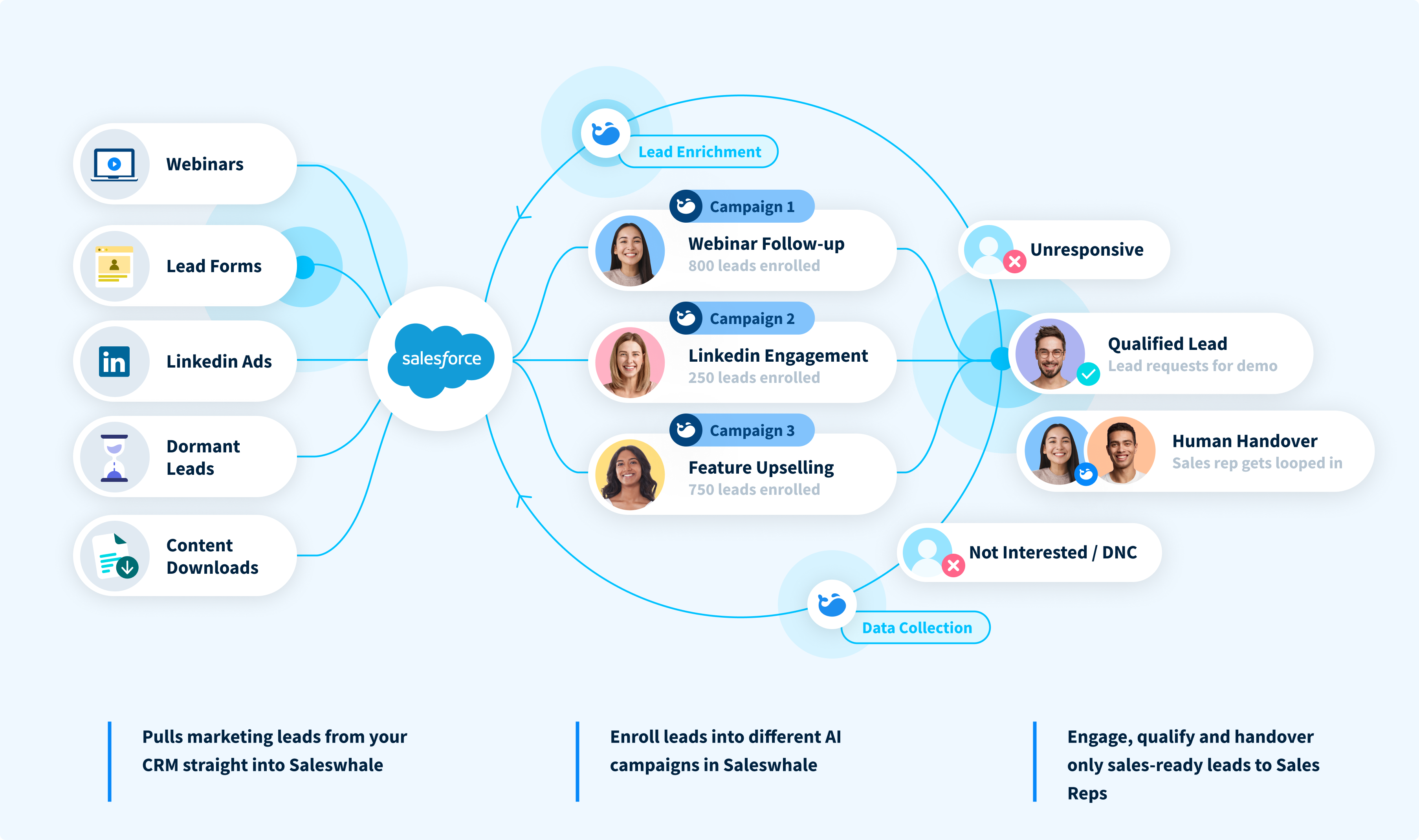
Saleswhale for Salesforce allows you to build powerful automated lead conversion workflows. This allows you to re-engage with your neglected marketing leads at...
19 APR 2021
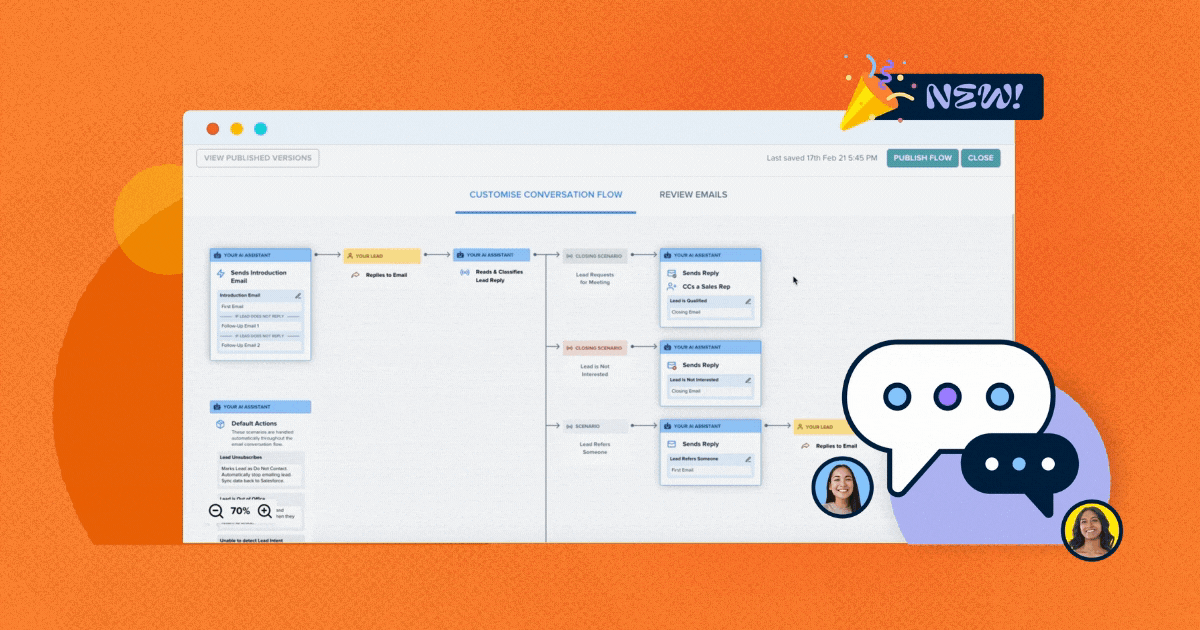
Demand generation and marketing teams generate more leads at the top of the funnel than ever in this new digital-first world. Saleswhale helps ensure those...
1 MAR 2021
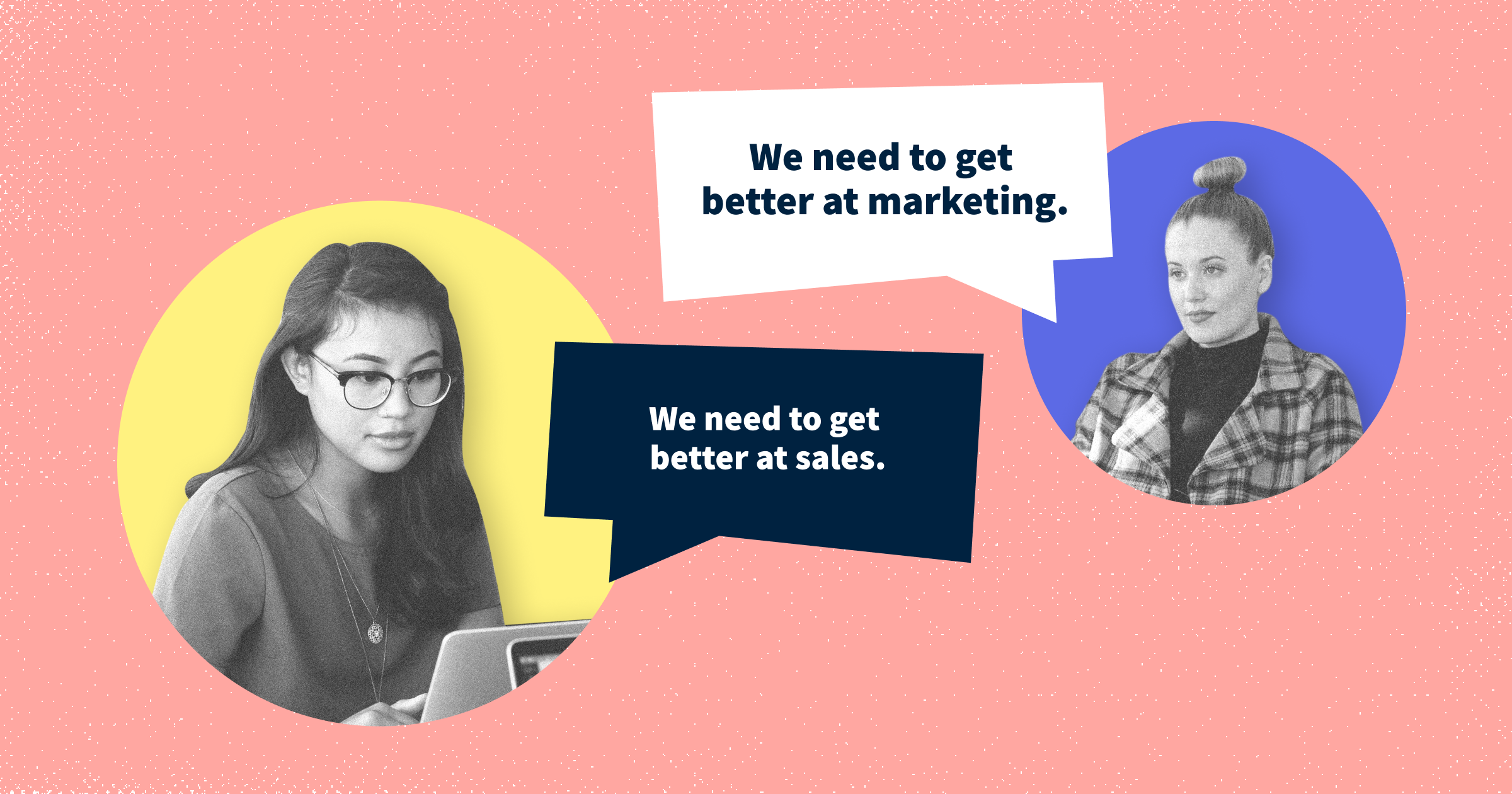
Marketers that focus on MQLs end up doing the wrong things in order to achieve the metrics. So I changed it.
16 JUN 2020
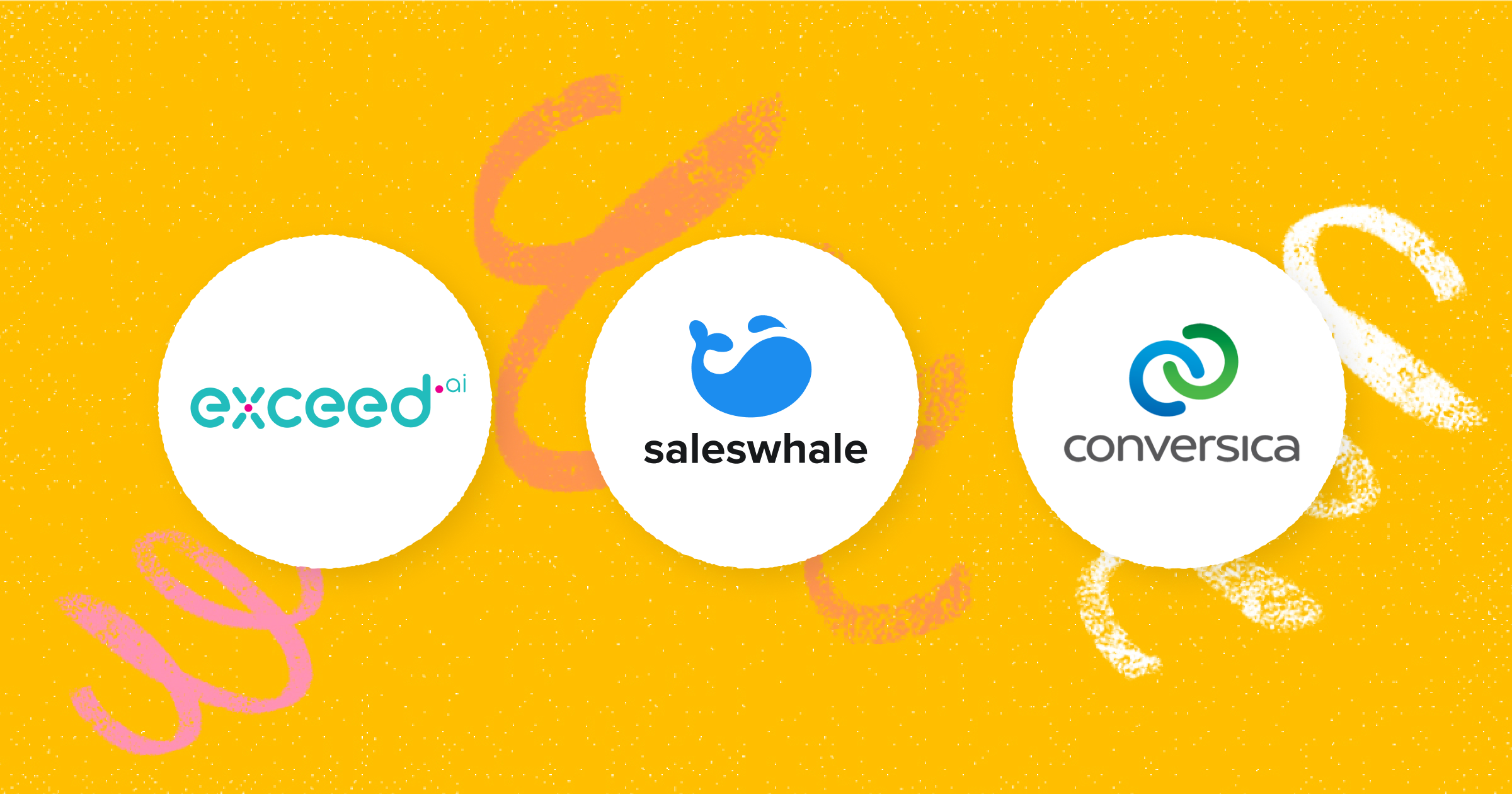
Conversica isn't the only player out there. Learn how Saleswhale and Exceed.ai compare and make an informed decision.
15 APR 2021
By providing your email you consent to allow Saleswhale to store and process the personal information submitted above to provide you the content requested.
You can unsubscribe at any time by clicking the link in the footer of our emails. For information about our privacy practices, please visit our privacy page.